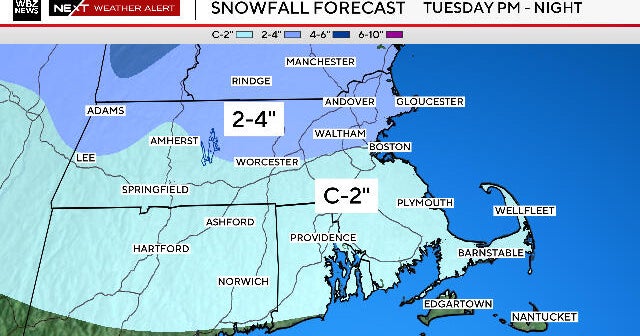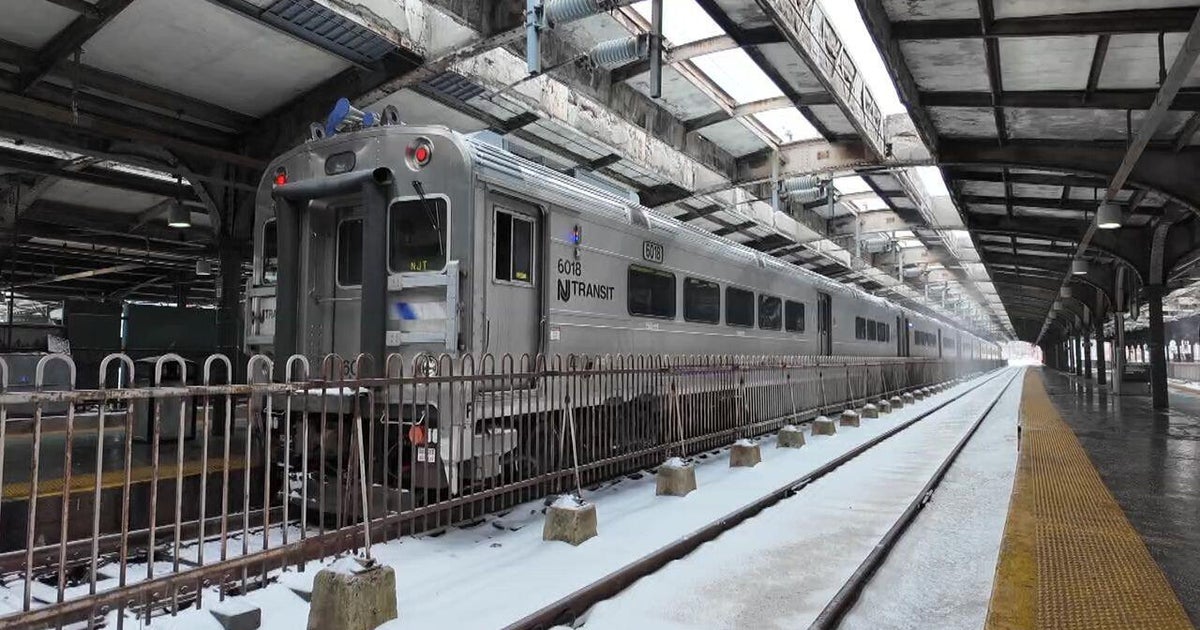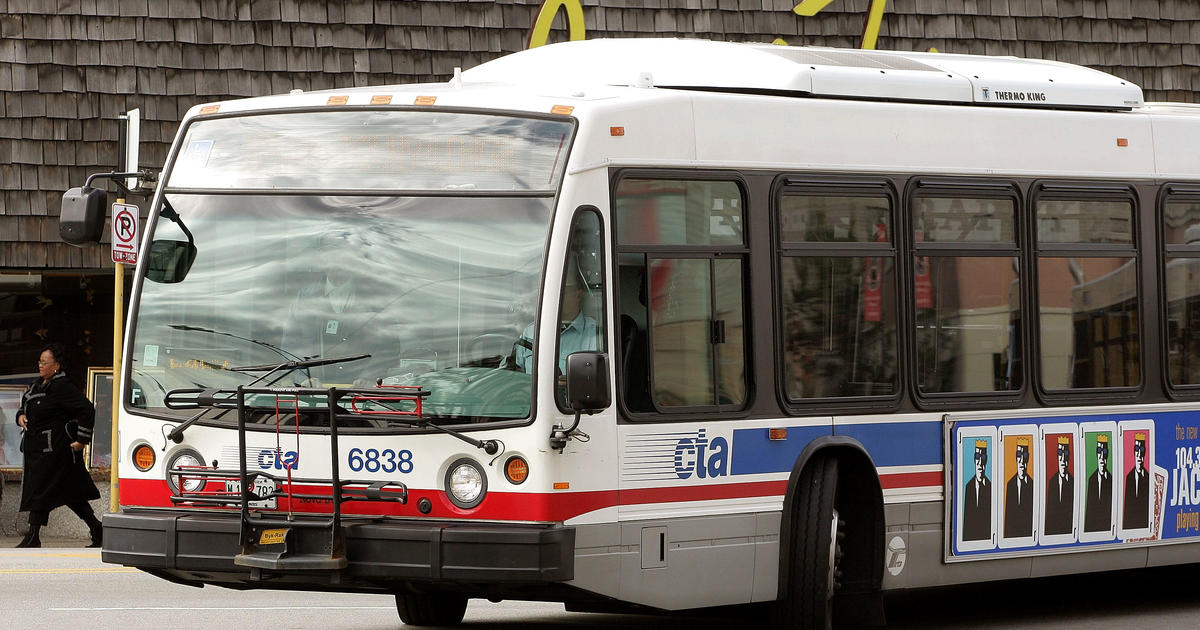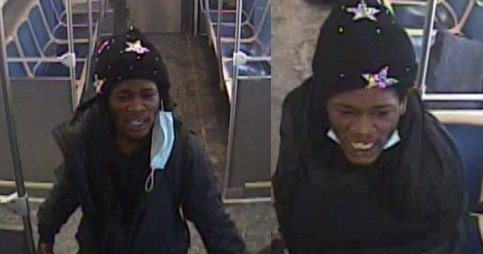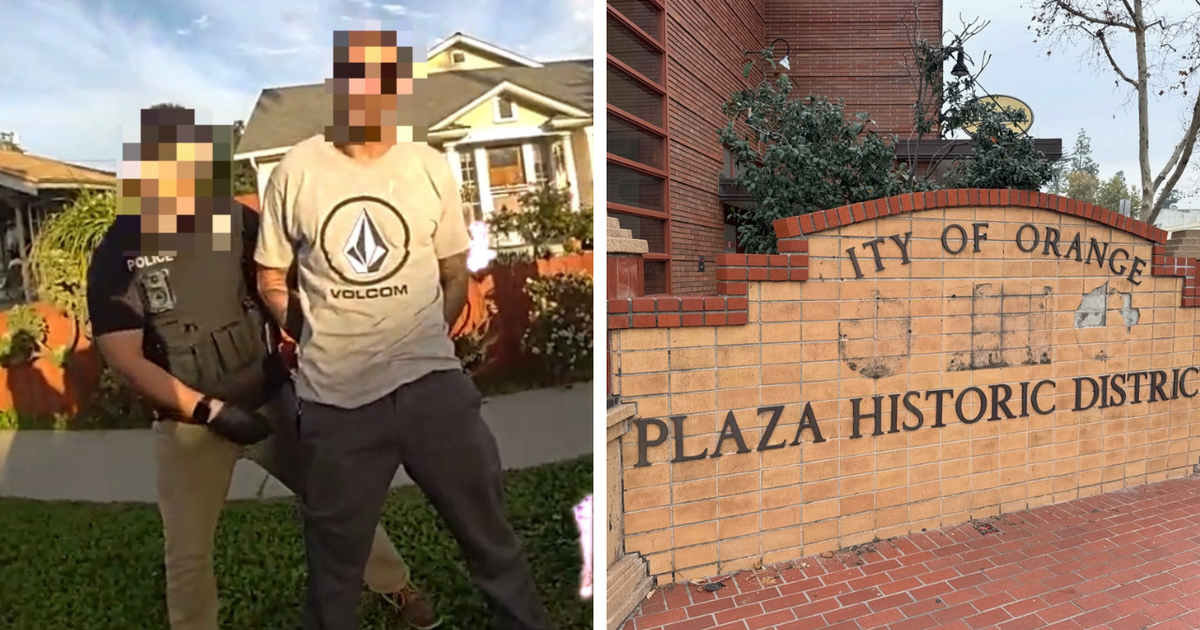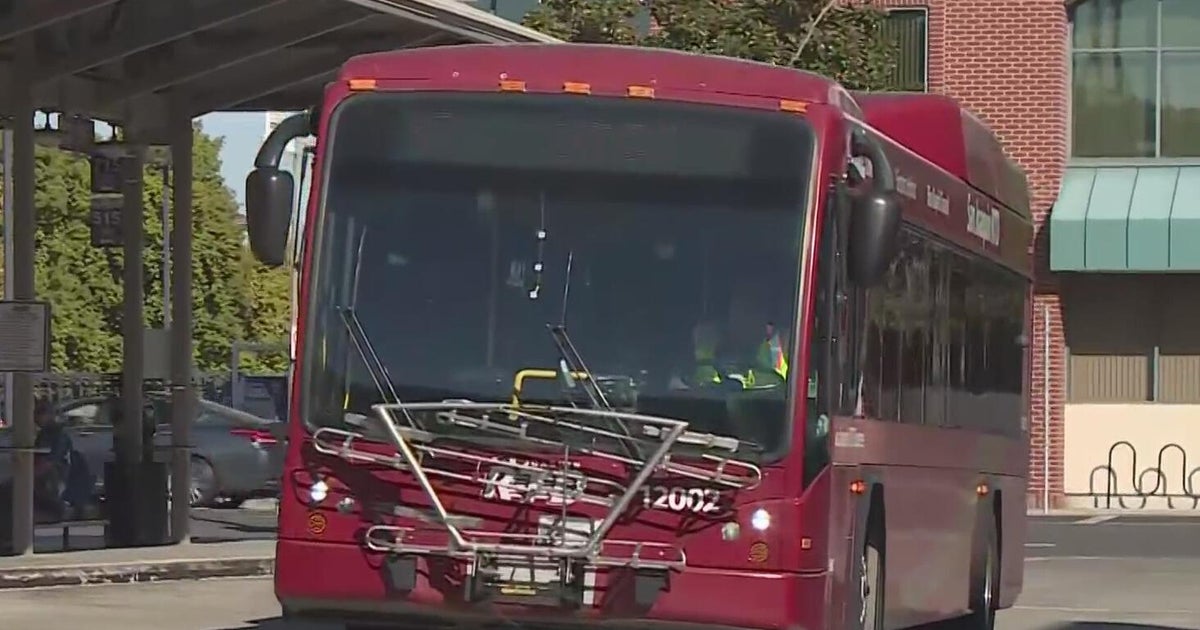Panel Calls Boston Transit Operating Costs Unsustainable
BOSTON (AP) — The Massachusetts Bay Transportation Authority is hampered by unsustainable operating costs, weak revenue growth and the oldest fleet of vehicles of any similarly sized transit agency in the U.S., according to findings of a panel assembled by Gov. Charlie Baker.
The administration on Monday released a two-page excerpt of the commission's report, which is expected to be made public in its entirety later in the week. The governor assembled the panel to conduct an in-depth examination of the MBTA after a string of severe storms brought the Boston-area transit system to its knees.
The T's operating costs are growing at an average rate of 5.25 percent a year, twice the rate of inflation, the report states.
"Operating costs at the MBTA are higher than most peer transit systems due to limited cost control, low labor productivity, and high maintenance costs," the panel wrote.
Revenue, meanwhile, has grown at barely more than 2 percent annually over the last 15 years, according to the report, in part because major sources of revenue — including fares — are capped by law.
Excluding debt service, the percentage of operating expenses covered by fare revenues is 39 percent, tying the MBTA with the Philadelphia-area Southeastern Pennsylvania Transportation Authority for the lowest among peer transit systems, according to the report.
The panel's findings are unlikely to silence the debate between critics of the T who say the agency must reform its ways before the state considers pumping more money into the system, and transit advocates who argue that greater investment is required in new and more modern equipment.
"Average fleet age is the oldest of all peer transit systems across each mode of transportation and results in higher maintenance cost," the panel wrote. "The Red Line, for example, still operates vehicles built in 1969."
Transit officials said aging traction motors on subway trains and commuter rail locomotives failed after becoming clogged with snow, leading to some of the breakdowns that plagued the system during a six-week stretch of record-breaking winter storms.
The MBTA has signed off on a deal with a Chinese company to build new Red and Orange lines at a factory in western Massachusetts, but the first new vehicles are not scheduled to be delivered for several more years.
In the excerpt of the panel's report, it was noted that while more people are using the MBTA, measurements of ridership are not given enough emphasis when determining fare increases.
The last major fare increase on the T was an average 23 percent hike imposed in 2012.
Copyright 2015 The Associated Press. All rights reserved. This material may not be published, broadcast, rewritten or redistributed.

